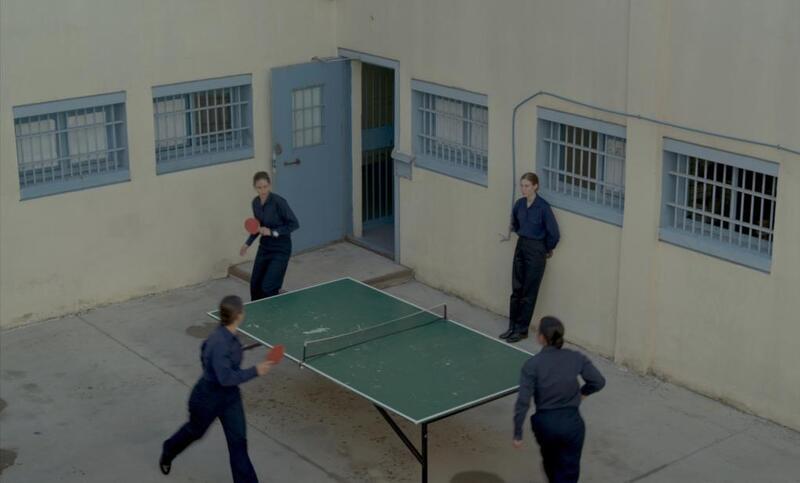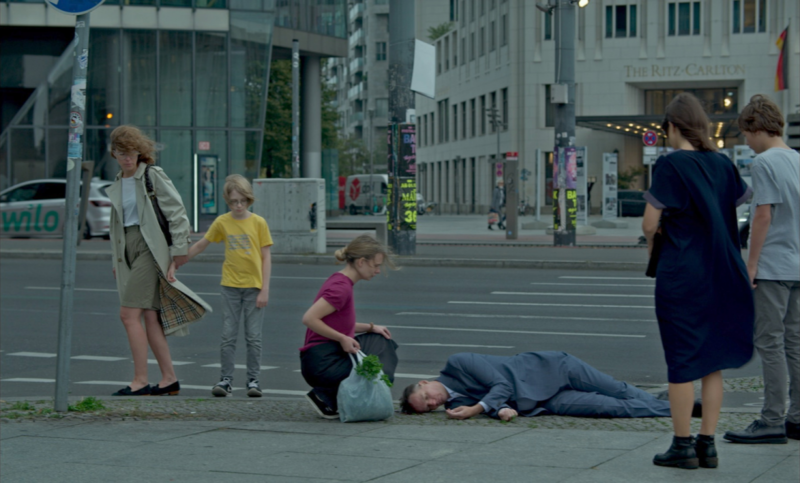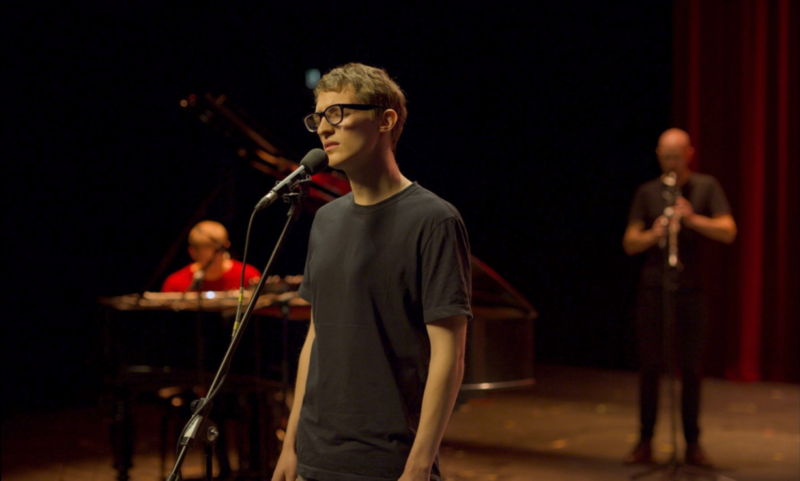Berlinale 2023 Review: MUSIC Turns Oedipal Story Into Transcendental Experience
Directed by Angela Schanelec, Aliocha Schneider, Agathe Bonitzer, Marisha Triantafyllidou, Argyris Xafisc and Wolfgang Michael star in the German-language film.

A promiment Berlin School figure and winner of the 2019 Berlinale, Angela Schanelec presented her eagerly awaited new work, Music, in the Berlinale's main competition.
Schanelec became a
Her style is complemented by her use of sound, which is often minimal and unobtrusive, adding to the naturalistic and understated feel of her films. Music and elliptical narration have a more prominent role in Schanelec's
Music has been rumored to be an adaptation of the prototypical drama, Oedipus Rex. However, the
And that is better because Music should be regarded more as
He is sentenced to jail, where prison employee Iro (Agathe Bonitzer) falls for him in a way circumventing any sentimental or climactic portrayal. After the sentence, they marry, have
The plain retelling of the plot
Music is a cinema of intensive experience, demanding direct engagement from the audience, instead of passive
There are too many ellipses, along with
Many formalistic aspects
The frivolous use of time, and casting of very young lead characters who were supposed to be a generation apart according to the director´s statement at the post-premiere press conference, may foment confusion and frustration in viewers.
However, Music is not an ordinary film and thus a linear reading should not be applied. It's a conceptual work and Schanelec's approach to tackling the narrative
If Music is to be approached as an adaptation of Oedipus Rex, it should be done through the lens of avant-garde theatre, as bold and seemingly counter-intuitive decisions define Schanelec's latest work. Schanelec eschews traditional plotting in favor of a contemplative, deeper and more nuanced perception of existence, not driven by conventions of linear storytelling.
Civil imagery is captured
As
Tragedies abound. Music helps to transform the ordeal and misery
Music won the Silver Bear for best screenplay.
Cinema Guild acquired the film for the U.S. theatrical distribution; release dates are to be determined later.










